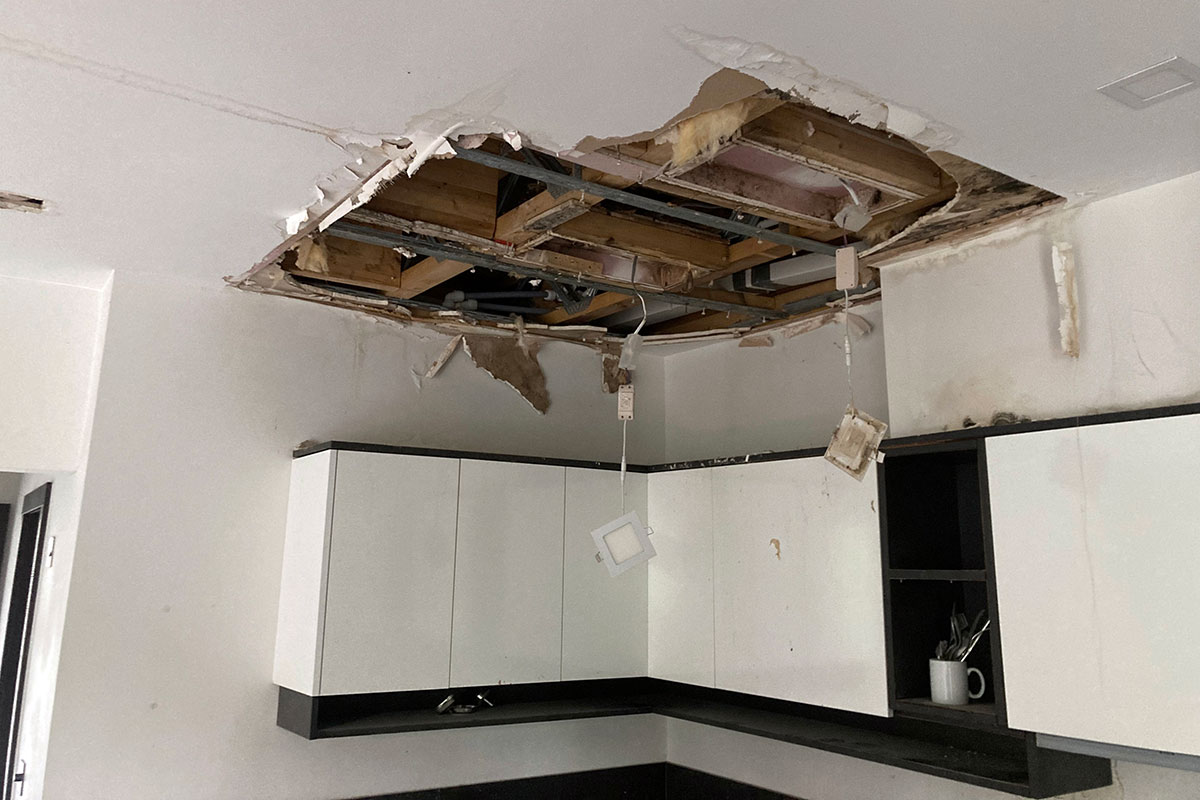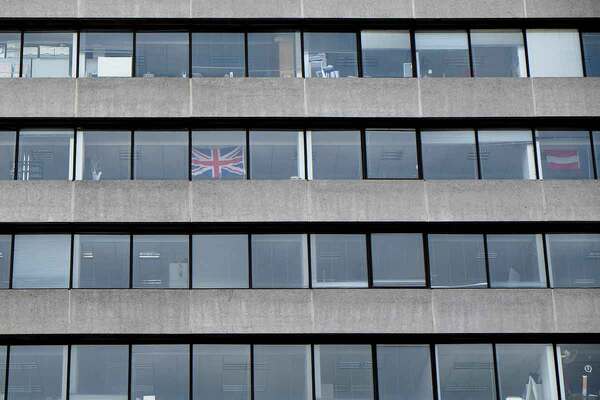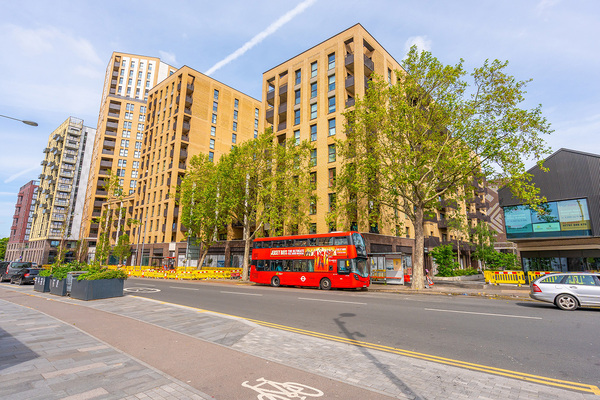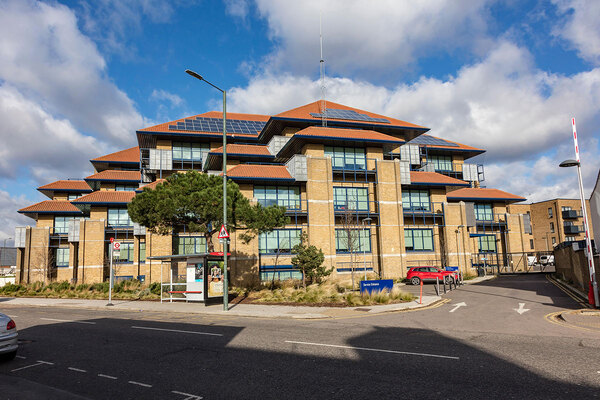You are viewing 1 of your 1 free articles
Delivering for working people: abolishing toxic leasehold must be in Labour’s first King’s Speech
This is an exciting year for leaseholds. Let’s hope Labour has the guts to take the decisive action needed, writes Harry Scoffin, founder of Free Leaseholders
Last week, a priced-out generation looked on in awe as new chancellor Rachel Reeves launched a planning reform blitz to get Britain building and deliver 1.5 million new homes. All within 72 hours of taking office.
Propelled by the second-biggest parliamentary majority in 100 years and a manifesto committed to national renewal, prime minister Sir Keir Starmer leads a government with the political capital and a people’s mandate to take on the vested interests that have blocked economic growth and social mobility for generations.
That includes turbocharging homeownership by ending leasehold for flats in England and Wales with a Commonhold Bill in tomorrow’s King’s Speech to face down Big Freeholders, land lawyers, corporate lobbyists and outlier property developers who cling on to the freeholds after selling the last properties, in order to keep milking the homebuyers.
Leasehold affects 5.3 million households. It is an arcane, controversial legal regime confined to England and Wales. The tenure disempowers homeowners, rendering them “tenants” who are captive to powerful landowning and management companies that make arbitrary demands for cash, backed up by threats of “forfeiture”, a tool to seize the home without compensation on grounds of an unpaid bill as little as £350.
Derailing this gravy train of residential leasehold tenure is more than extinguishing a relic of serfdom. It’s about slashing housing costs for working people by shuttering an entirely unnecessary wealth-destroying, rent-extraction industry. It rectifies a historic injustice by spreading land capital and giving more people dignity and autonomy in their homes.
Labour’s 1.5 million new homes simply cannot be more leasehold debt-trap tenancies.
This next year is an exciting time for millions of leaseholders. Now is also an exciting time for anyone aspiring to buy a flat and truly own it – free from the landlord’s hold. This is the position north of the border and in virtually every other country in the world, where commonhold-style schemes have long provided for democratic self-rule.
“Ending leasehold helps renters, too. Renters often feel the brunt of spiralling service charges as their landlords hike the rent to pay their own landlord, the freeholder”
Ending leasehold helps renters, too. Renters often feel the brunt of spiralling service charges as their landlords hike the rent to pay their own landlord, the freeholder. Renters also suffer from delinquent block management, which can manifest in hot water and heating outages, as their landlord often lacks control of common parts and maintenance, having to rely on the ultimate landlord to do the right thing.
At the election, a record four parties – Labour, Conservative, Liberal Democrat and Reform UK – committed in their manifestos to action against leasehold. More than 24 million people, or 83.9% of the electorate, voted for them.
The most competitive offer was from Labour, pledging: “Labour will act where the Conservatives have failed and finally bring the feudal leasehold system to an end.”
The election result is a hammer blow to the vested interests in leasehold who have repeatedly thwarted moves to bring England and Wales into line with the rest of the world via the widespread adoption of the more modern and equitable commonhold system for flat living.
Sir Keir began the campaign telling factory workers in Lancashire that leasehold “is a medieval way of doing business, it bears down on people and it is very, very expensive, so we have to end it”.
Tellingly, he wouldn’t rule out a bill in the first King’s Speech of his Labour government.
Ending leasehold will increase growth and well-being. Last year, Hamptons found that England’s flat leaseholders were handing over a staggering £7.6bn in service charges in 2023 alone. By democratising block management with commonhold, padded service charges would be a thing of the past and flat-owners could put their money to more productive uses, like starting a business or a family. No more stressful and costly disputes with third-party freeholders.
The salience of the leasehold scandal has never been higher. The same goes for people’s expectations for change.
“But powerful lobbies are arguing for patience, especially since the Leasehold and Freehold Reform Act 2024 was passed in the pre-election wash-up. Instead of leaseholder liberation, they urge regulation, a second-order issue”
In Matthew Pennycook, leaseholders have a housing minister already in masterful command of his brief.
The policy and legislative work has mainly been done, sitting with officials at the Ministry of Housing, Communities and Local Government.
Specifically, a ground rent cap, forfeiture abolition and commonhold fixes have been stress-tested and drafted, ready to go, after being scuppered by the calling of the election.
But powerful lobbies are arguing for patience, especially since the Leasehold and Freehold Reform Act 2024 was passed in the pre-election wash-up. Instead of leaseholder liberation, they urge regulation, a second-order issue.
These are the sorts of ‘distract and delay’ tactics used by vested interests every time to impede progress that threaten their business models. From Big Oil to tobacco, legacy industries always seek to throw sand in the gears of policymakers.
Delivering a Commonhold Bill in the King’s Speech tomorrow will further distinguish Labour from 14 years of Tory misrule, breathless rhetoric and the short-changing of leaseholders. It will also lock in a new voter bloc. People will be able to sell up and move on with their lives, or be emancipated to enjoy real homeownership. Returning politics to public service, indeed.
Harry Scoffin, founder, Free Leaseholders
Sign up for our regulation and legal newsletter
Already have an account? Click here to manage your newsletters













